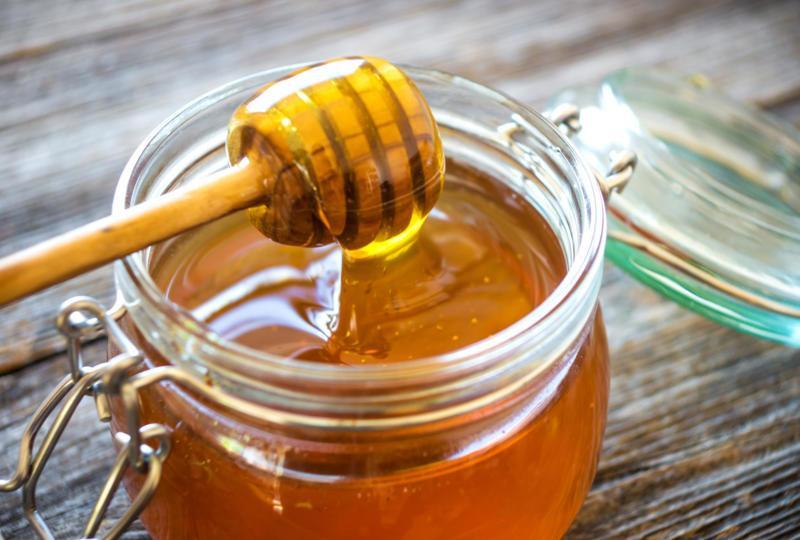20 Health Claims That Are Bogus
1. Organic food is more nutritious
Many people assume organic food is healthier than non-organic food.
However, studies have confirmed organic food is no more nutritious than conventionally grown food. Organic foods are better for the environment, but not necessarily better for our bodies.
Organic foods may be slightly safer than non-organic foods, because they contain lower levels of pesticide residue. However, both organic and non-organic foods contain pesticide levels that fall within the acceptable range of what is considered safe. Not all pesticide residue can be removed by washing, but thoroughly scrubbing fruits and vegetables under running water can help remove dirt, bacteria, and chemicals. It's always smart to rinse your produce before eating or cooking.
Organic chicken and pork tends to contain fewer antibiotic-resistant bacteria. However, the bacteria that cause food poisoning are equally prevalent in both organic and conventionally raised chicken and pork.
Although organic food is significantly more expensive than non-organic food, there is little evidence to suggest that it’s actually healthier. Most studies have found little or no difference in the nutritional value of organic versus conventional food. Conventionally produced foods contain just as many vitamins and minerals as their organic counterparts.
If you're choosing between one and the other, organic food could be the cleaner option for your body. But organic food does not necessarily have more nutrients than non-organic food. Look into what the "organic" designation means for each food. For example, if you want to purchase ethically-grown and harvested chicken eggs, organic is your best option, compared to other options like "cage-free".






